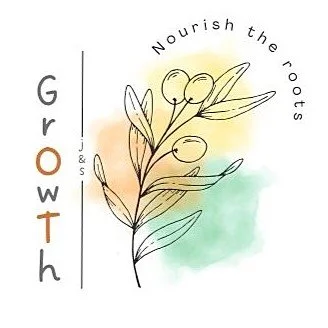Touch is seen as the biggest of all senses as it develops first at 3 weeks gestation. It influences the development of all the other senses namely sight, sound, taste and smell. Some argue that touch is the strongest form of communication and thus can be used or misused. This is a reciprocal sense in that we cannot touch another without being touched ourselves.
The therapeutic effects of touch by suggesting that touch may help the therapist to provide real or symbolic contact and nurturance, to facilitate access to, exploration of, and resolution of emotional experiences, to provide containment, and to restore significant and healthy dimensions in relationships.
Touch is the only language your little baby understands until he/she starts responding to simple words like “ta, no, yes, etc.” This is why Kangaroo-care has such an astounding effect on a baby’s development and physiological wellbeing. A mommy can regulate her baby’s temperature by placing the child on her bare chest – the breasts change in temperature to regulate the baby’s temperature. Therefore, if the baby is hot, the breasts will decrease in temperature to cool the baby down and if the baby is cold, the temperature of the breasts will increase to heat the baby. When a mother has twins, the one breast can be warmer and the other cooler if the children need to be regulated differently. This serves to show that skin to skin touch is vital for survival and feeling of acceptance even in the new-born child.
This importance does not go away or diminish as your child gets older. Baby massage is important for your child to feel loved, calm and respected. It also assists in developing your child’s body awareness and body scheme, as your touch helps him/her discriminate their body from the environment and serves to teach them where there body starts and stops. It is also a way in which your child bonds with you. Touch is magnificent!
When your child is approaching 3 years and above, touch still encompasses a lot of elements of communication. Skin to skin touch is still important, like stroking hair, wiping tears lovingly from the face, tickling the back before bedtime, rubbing little feet or helping to apply lotion to the body after a nice bath.
The way you touch your child has an influence on how he/she perceives your love as well as your acceptance of them as human beings.
It might seem like a joke to you as a parent to pick up your child by his clothes to put him in a car and he might also smile about it, but deep down he is wondering why you couldn’t rather have picked him up against your body, give him a big hug and place him in the car gently. The same goes for slapping your child for the purpose of playing. Remember how you touch your child will influence how he touches his friends, for example, will he play ruff or be gentle towards other children.
Teach your child loving touch, with you, your partner, siblings and even animals. Show your child how to say sorry using touch like rubbing or hugging and LOVE YOUR CHILD USING TOUCH!!
Happy parenting!

